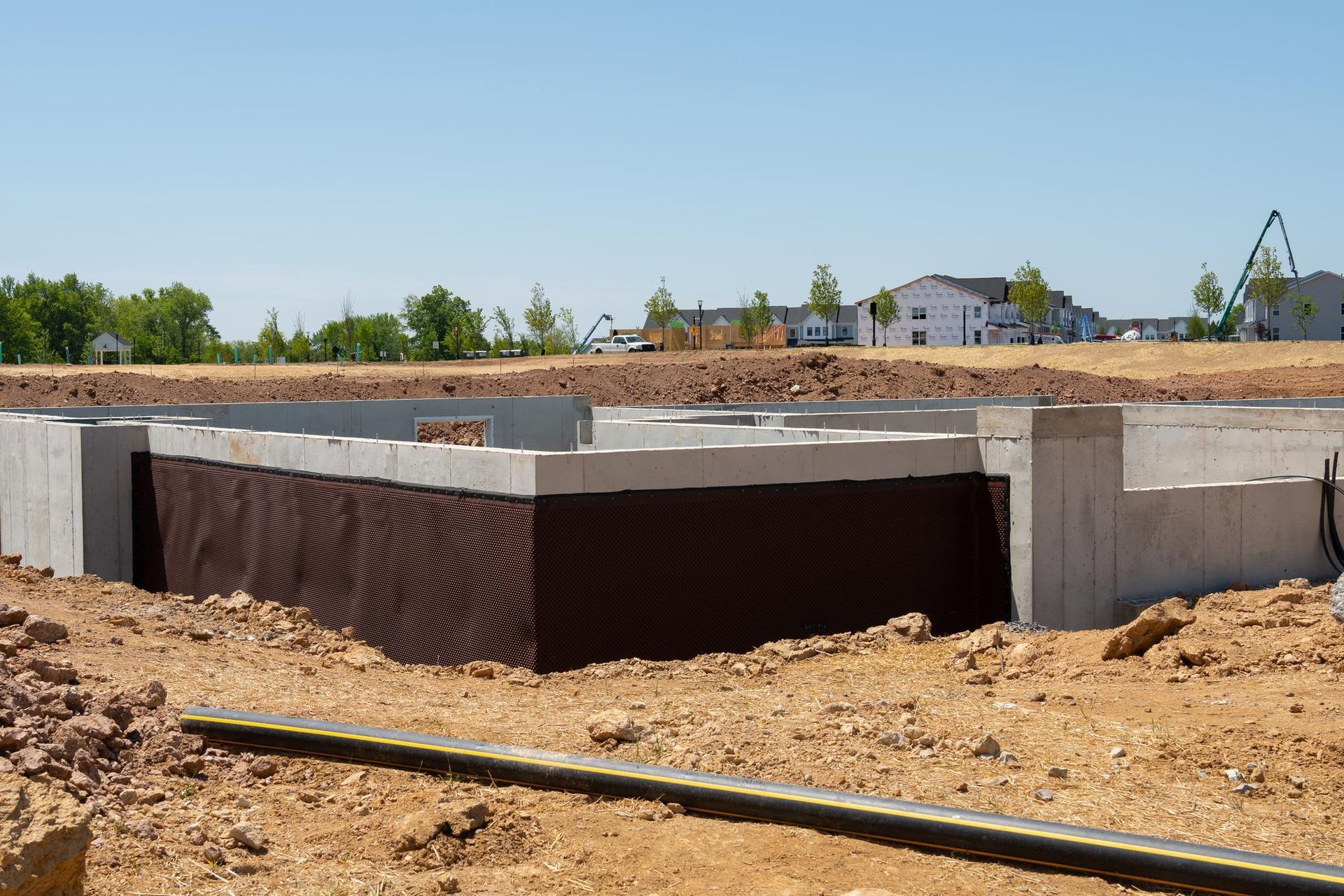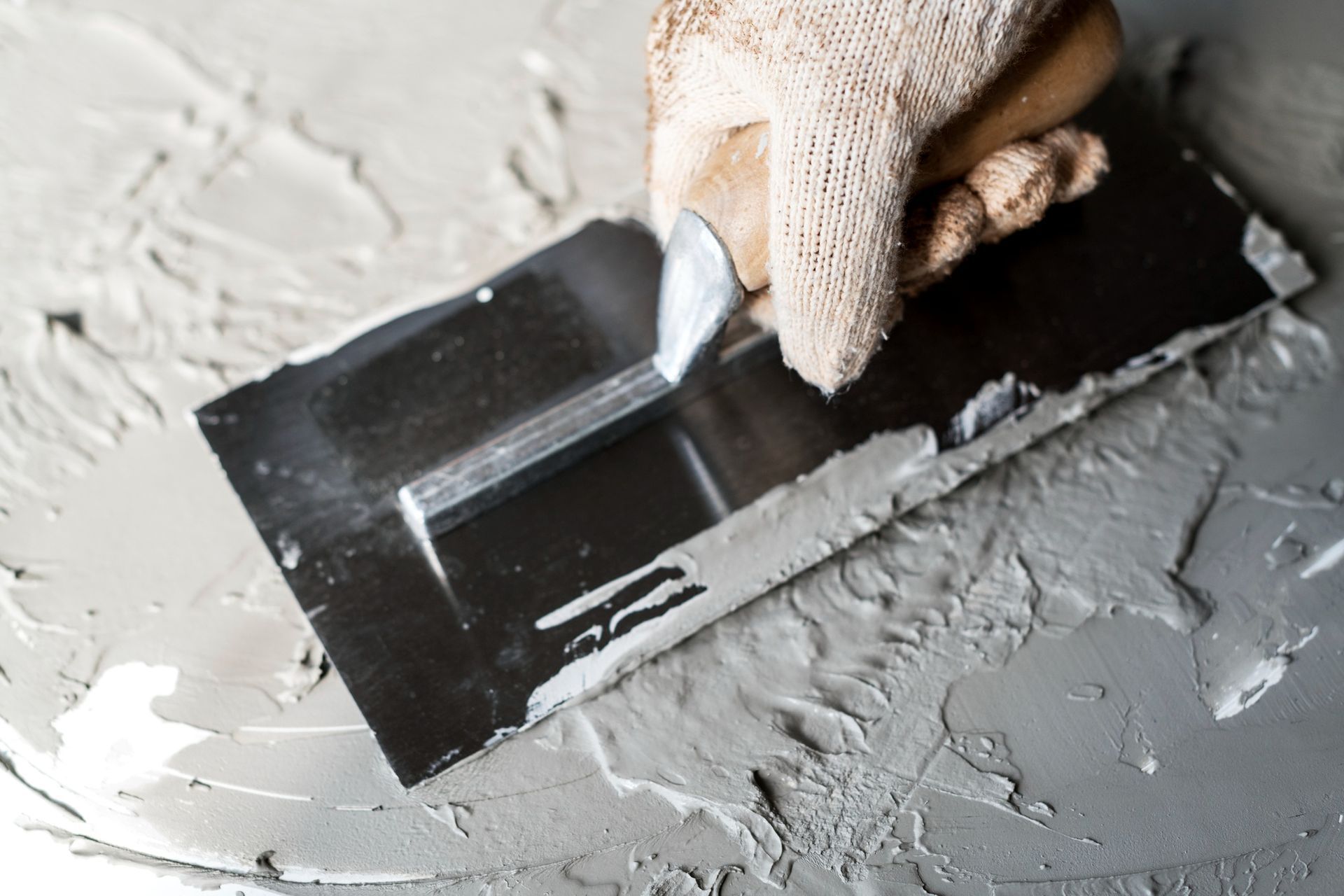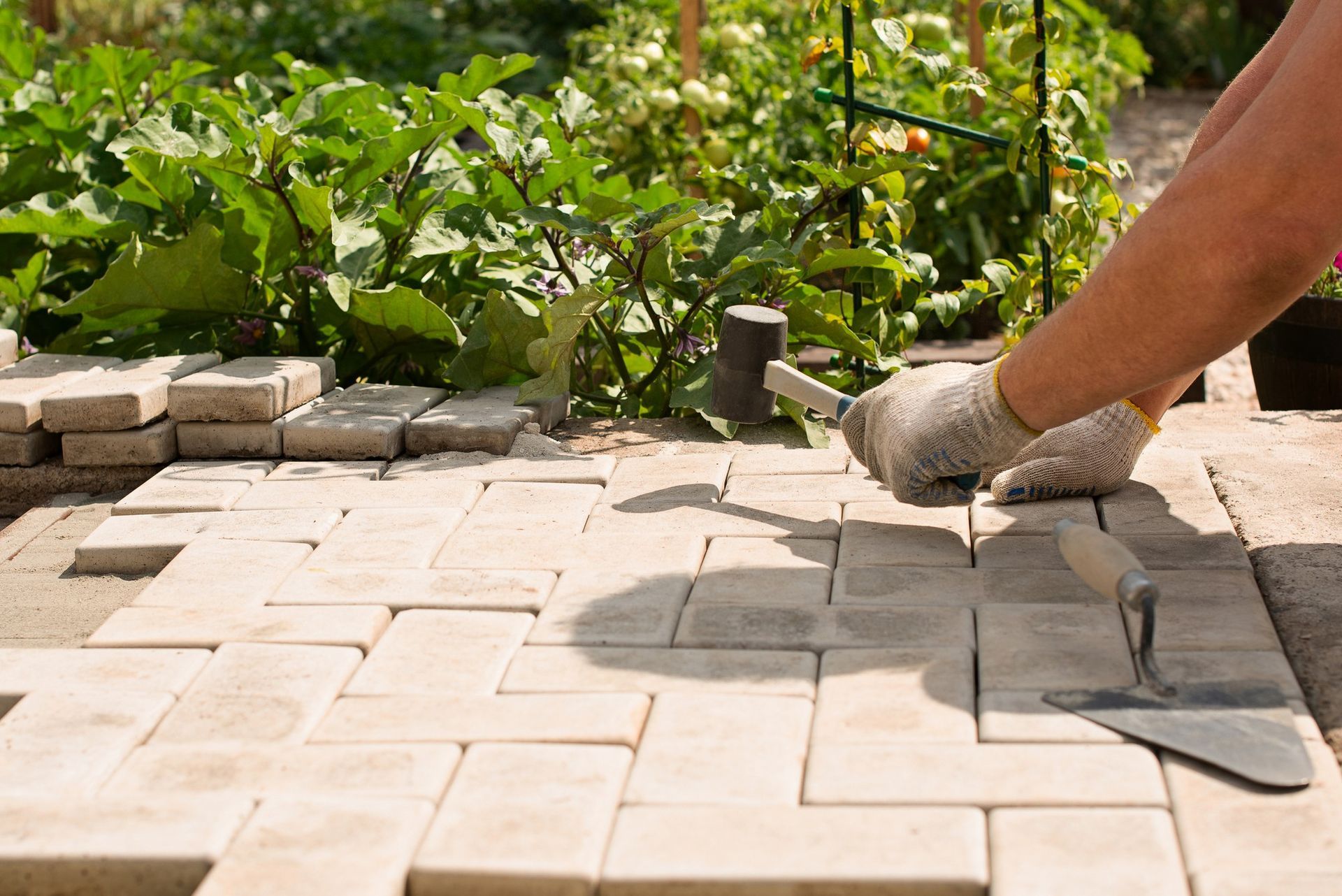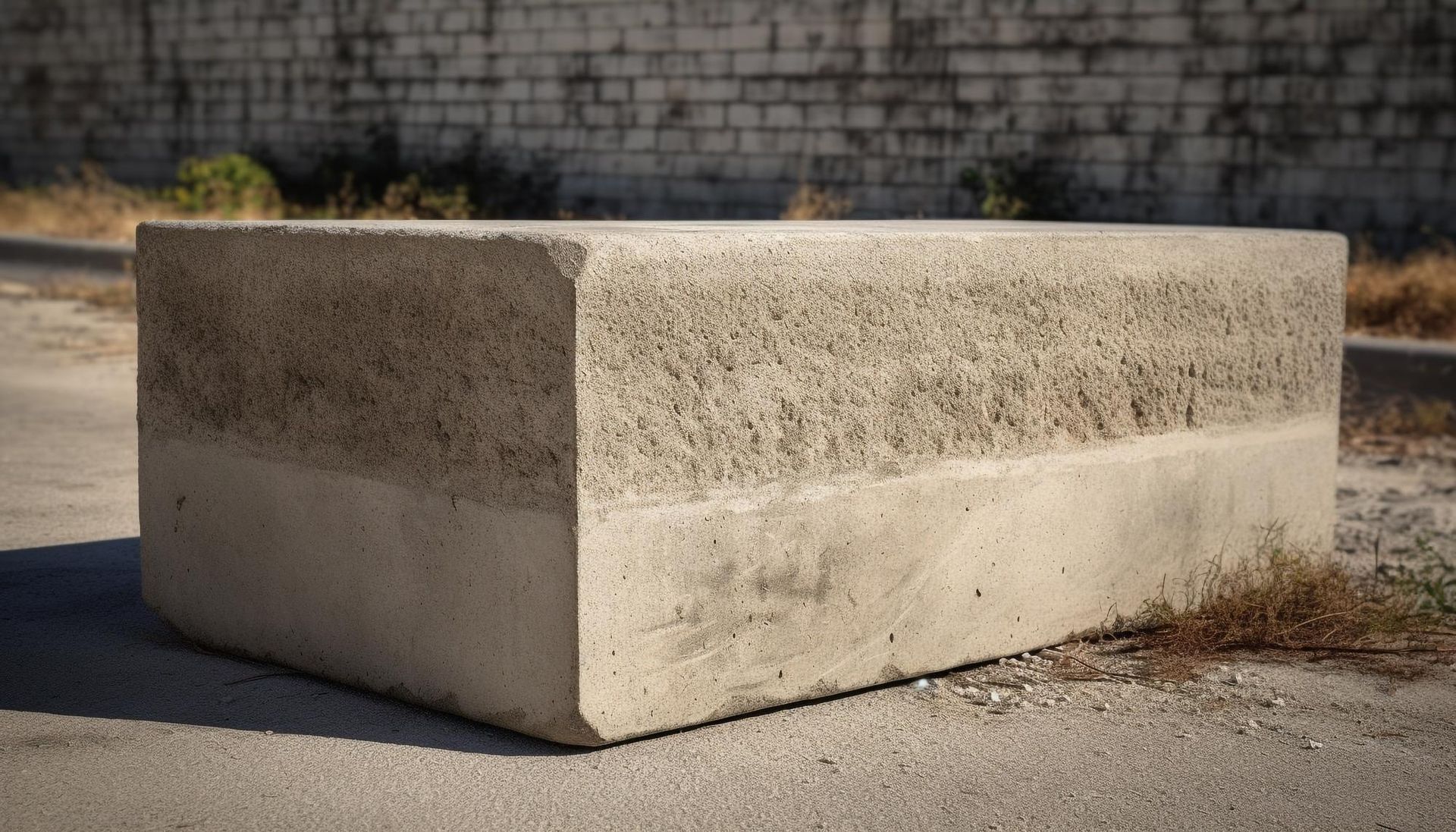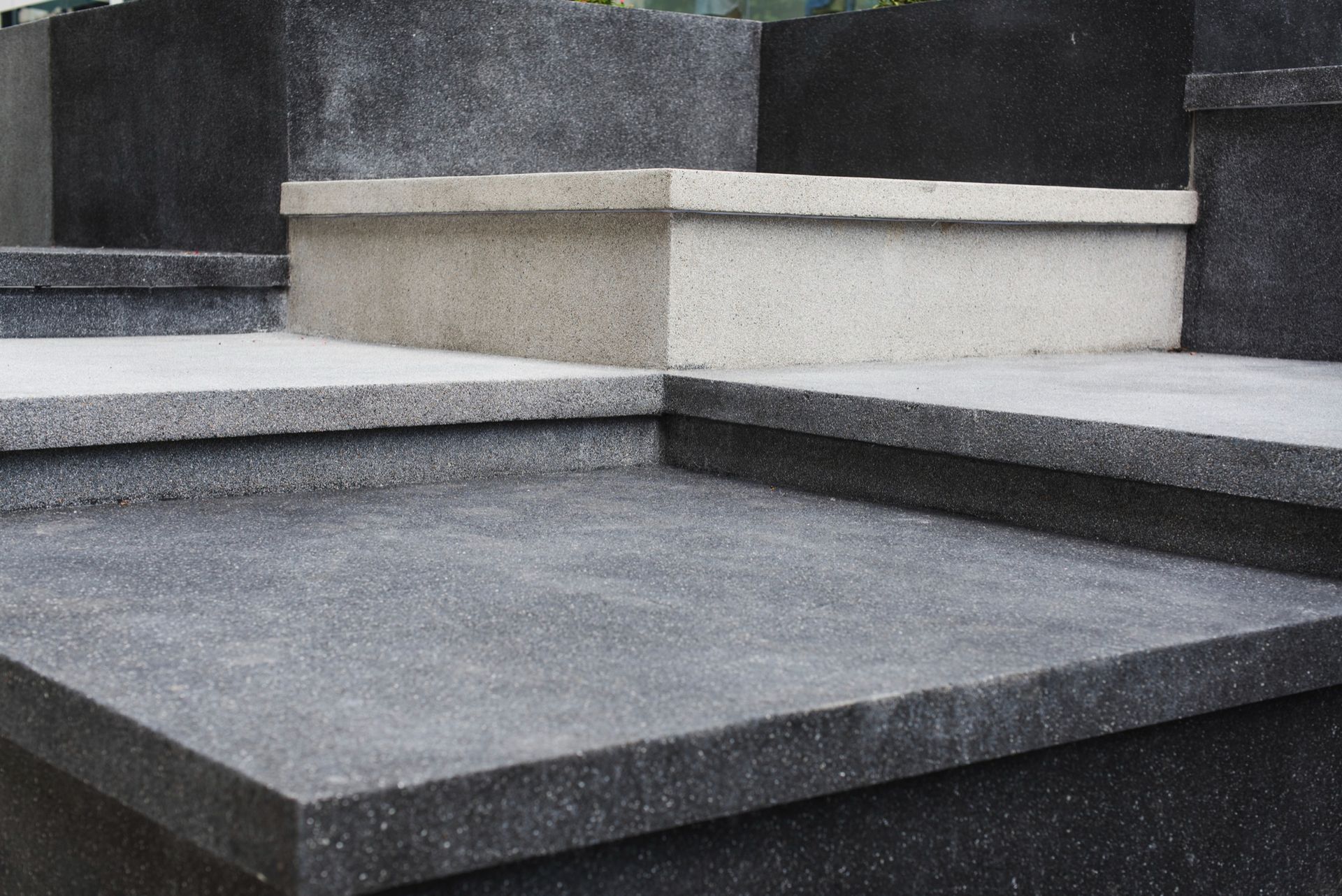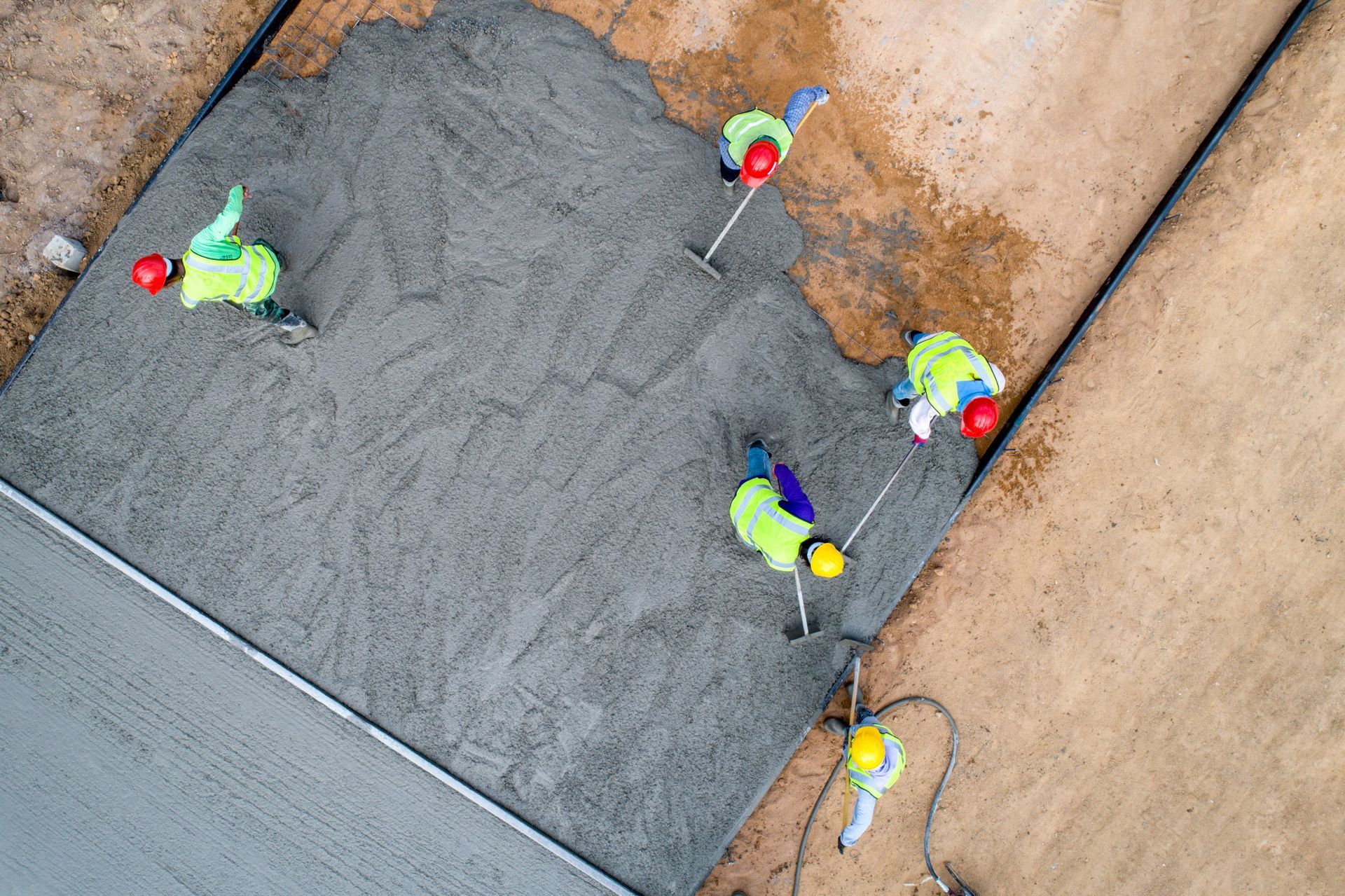Why Your Home Needs a Solid Concrete Foundation
Have you ever wondered why your home needs a solid concrete foundation? Your home's foundation is its backbone, providing stability, support, and structural integrity. A well-built foundation ensures your home stands the test of time, withstanding various environmental factors and everyday wear and tear. In this article, we'll delve into the importance of having a sturdy concrete foundation for your home and explore the numerous benefits it offers.
Understanding Foundations
Foundations are the fundamental component upon which the entirety of a home rests. They serve as the crucial link between the structure and the ground, bearing the weight of the entire building and transferring it safely to the soil below. Without a solid foundation, a home's structural integrity is compromised, leading to potential instability, sagging floors, and even structural failure.
There are several types of foundations, each suited to different soil conditions, climates, and building requirements. Common types include slab-on-grade, crawl space, and
basement foundations.
Slab-on-grade foundations, for example, are popular in regions with mild climates and stable soil conditions. They consist of a single
concrete slab poured directly onto the ground, providing a flat surface for the structure above.
Crawl space foundations, on the other hand, elevate the home slightly off the ground, creating a small space, or crawl space, between the ground and the bottom of the structure. This design allows for easier access to plumbing, electrical, and HVAC systems, as well as increased ventilation.
Basement foundations, as the name suggests, incorporate a basement level beneath the main living area of the home. Typically constructed with concrete walls and floors, basements offer additional living space, storage, and protection from severe weather.
Regardless of the type, a well-designed foundation should be engineered to withstand the specific loads and pressures exerted on it, as well as any environmental factors such as moisture, frost, or seismic activity. This requires careful consideration of soil conditions, site topography, local building codes, and structural engineering principles.
At Bri-Mic Construction, Inc., we understand the importance of a strong foundation in ensuring the longevity and stability of your home. Our team of experienced professionals specializes in designing and constructing custom concrete foundations tailored to your specific needs and site conditions. From initial site assessment to final inspection, we prioritize quality craftsmanship and attention to detail to ensure your home stands on a solid foundation for years to come.
Advantages of Concrete Foundations
Concrete foundations provide unparalleled strength and durability, offering robust protection against moisture, pests, and natural disasters. Its resilience makes it resistant to cracking, settling, and shifting, safeguarding your home against structural damage. Additionally, concrete's longevity and low maintenance requirements translate to cost savings in the long run, making it a practical and economical choice for homeowners.
Structural Stability and Safety
The structural stability of your home relies heavily on the quality of its foundation. A solid concrete foundation provides the necessary support to keep your home standing firm, reducing the risk of structural failure or collapse. By investing in a concrete foundation, you're prioritizing the safety and well-being of your family, ensuring they're protected from potential hazards.
Cost-effectiveness and Return on Investment (ROI)
Investing in a concrete foundation offers significant long-term cost-effectiveness and return on investment (ROI) for homeowners. While the initial cost of a concrete foundation may be higher compared to alternative materials, such as wood or stone, its durability and longevity make it a wise financial decision in the long run.
One of the primary cost-saving benefits of a concrete foundation is its minimal maintenance requirements. Unlike wood, which is susceptible to rot, pests, and decay, concrete requires little upkeep beyond occasional inspections and minor repairs. This translates to savings in both time and money over the lifespan of your home.
Additionally, the durability of concrete ensures that your foundation will withstand the test of time, reducing the need for costly repairs or replacements down the line. Concrete is resistant to moisture, pests, and environmental factors, such as frost and soil movement, which can cause damage to other types of foundations. By investing in a concrete foundation, you're essentially future-proofing your home against potential structural issues and their associated expenses.
Furthermore, a concrete foundation can enhance the resale value of your home, providing a higher return on investment when it comes time to sell. Prospective buyers are often willing to pay a premium for homes with solid, well-built foundations, knowing that they're purchasing a property with fewer potential maintenance issues and greater structural stability.
When considering the cost-effectiveness and ROI of a concrete foundation, it's essential to factor in not only the initial construction costs but also the long-term savings and increased property value it provides. By prioritizing quality construction and choosing a durable foundation material like concrete, homeowners can enjoy peace of mind knowing that their investment will pay dividends for years to come. At Bri-Mic Construction, Inc., we specialize in delivering high-quality concrete foundations that stand the test of time, providing our clients with a solid foundation for their homes and their financial futures.
Energy Efficiency and Environmental Benefits
Concrete foundations contribute to energy efficiency by providing superior insulation properties, helping regulate indoor temperatures and reducing heating and cooling costs. Additionally, concrete is a sustainable building material, with minimal environmental impact throughout its lifecycle. By choosing a concrete foundation, you're not only improving the energy efficiency of your home but also reducing its carbon footprint and promoting eco-friendly construction practices.
Design Flexibility and Aesthetic Appeal
Concrete foundations offer a surprising degree of design flexibility, allowing homeowners to customize their appearance to complement the overall style of their home. Contrary to popular misconception, concrete is not limited to bland gray slabs but can be transformed into a variety of shapes, textures, and finishes to achieve the desired aesthetic.
One of the key
advantages of concrete is its versatility in terms of formwork and molding. Concrete can be poured into virtually any shape or size, allowing for the creation of unique and intricate designs. Whether you prefer a traditional rectangular foundation or a more unconventional curved or angular shape, concrete can be molded to meet your specifications.
Moreover, concrete foundations can be enhanced with a wide range of decorative finishes and surface treatments to add visual interest and texture. From stamped patterns that mimic the look of natural stone or brick to exposed aggregate or polished surfaces, the possibilities for customization are virtually endless. These decorative elements can help enhance the curb appeal of your home and make a lasting impression on visitors.
In addition to its aesthetic versatility, concrete is also a highly durable and low-maintenance material, ensuring that your foundation looks great for years to come with minimal effort. Unlike other materials that may require periodic painting, sealing, or repairs to maintain their appearance, concrete foundations retain their beauty and integrity with minimal upkeep. This not only saves you time and money on maintenance but also ensures that your home maintains its aesthetic appeal over the long term.
At Bri-Mic Construction, Inc., we understand the importance of a foundation that not only performs well but also looks great. That's why we offer a variety of design options and finishes to help you achieve the perfect look for your home. Whether you prefer a sleek modern design or a more rustic and textured finish, we have the expertise and resources to bring your vision to life. Contact us today to learn more about how we can help you create a concrete foundation that combines both form and function, enhancing the overall beauty and value of your home.
Professional Installation and Maintenance Tips
When it comes to installing a concrete foundation, hiring qualified contractors is paramount to ensure quality and structural integrity. Experienced professionals will adhere to industry standards and best practices, minimizing the risk of future issues. Additionally, routine maintenance, such as inspecting for cracks or signs of damage, is essential for preserving the condition of your concrete foundation. By addressing any issues promptly, you can prolong its lifespan and maintain its reliability for years to come.
Conclusion
A solid concrete foundation is the cornerstone of a safe, durable, and long-lasting home. Its unparalleled strength, durability, and resilience make it the preferred choice for homeowners seeking peace of mind and protection for their investment. By prioritizing quality construction and regular maintenance, we at Bri-Mic Construction, Inc. ensure that your home stands on a solid foundation, ready to withstand whatever challenges may come its way. Invest in a concrete foundation today by contacting us at 716-337-0500, and secure the future of your home for generations to come.
FAQ’s
How long does a concrete foundation last?
A well-built concrete foundation can last for decades, with some lasting over a century with proper maintenance. Factors such as the quality of the concrete, soil conditions, and climate can affect its lifespan.
Can a concrete foundation crack?
While concrete is incredibly durable, it can develop hairline cracks over time due to factors such as settling, temperature fluctuations, or shrinkage during curing. However, these cracks are typically minor and do not compromise the structural integrity of the foundation.
How long does it take to repair or replace a foundation?
The duration of foundation repairs or replacement depends on factors such as the extent of the damage, the size and complexity of the project, and weather conditions. Minor repairs may be completed in a matter of days, while more extensive projects could take several weeks or even months to complete. Your contractor should provide you with a timeline and keep you updated on the progress throughout the process.
How long does it take to install a concrete foundation?
The timeframe for installing a concrete foundation depends on various factors, including the size and complexity of the project, weather conditions, and site preparation requirements. Typically, the process can take anywhere from a few days to several weeks from excavation to curing.
Can I add plumbing or electrical lines to a concrete foundation?
Yes, it's possible to incorporate plumbing and electrical lines into a concrete foundation during the construction phase. This process involves carefully planning and coordinating with your contractor to ensure that the necessary conduits or channels are installed before pouring the concrete. Adding these utilities to the foundation can streamline future renovations and minimize disruption to the home's structure.
All Rights Reserved | Bri-Mic Construction, Inc.

